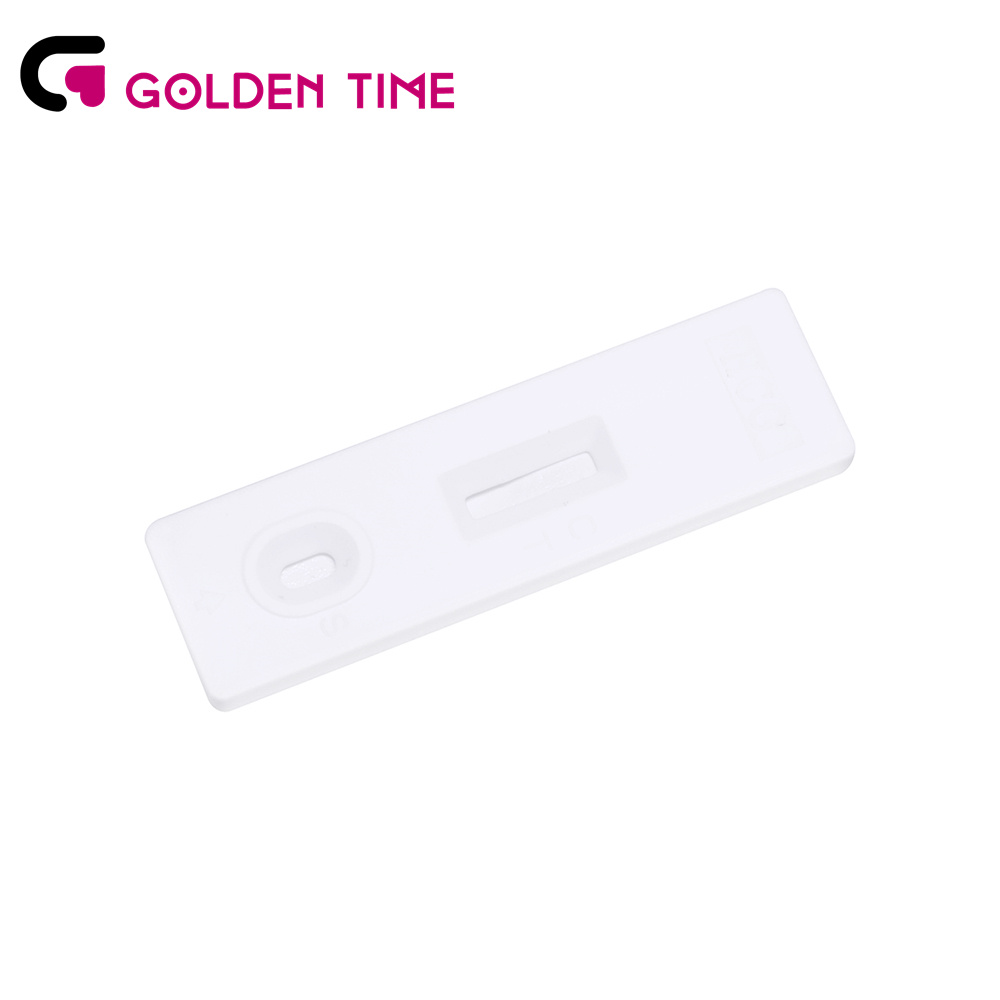Jan . 26, 2025 00:44 Back to list
COVID-19 (SARS-CoV-2) IgG IgM Antibody Test
Evaluating the cost for a Hepatitis B surface antigen test can be a nuanced journey, especially for individuals navigating health screenings for the first time. Understanding the intricacies involved in this specific antigen test enhances consumer experience, emphasizing not only on financial implications but also the essentiality of medical awareness and health prioritization.
Transparency is another crucial factor. Healthcare providers emphasizing transparency in costing, test procedures, and follow-up consultations foster increased trust with potential patients. Patients should feel empowered to ask questions about where the fees stem from—be it lab operations, administrative fees, or consultation charges. Transparent pricing models demystify the billing process and often result in better patient satisfaction and provider-patient relationship. From an authoritative perspective, understanding and accessing community resources can be supportive, especially for those burdened by financial constraints. Numerous community health centers, charitable organizations, or public health initiatives might offer the test at reduced rates or even free of charge. Such initiatives further underline the significance of awareness campaigns and community health education, reinforcing public understanding of Hepatitis B, reducing stigma, and emphasizing prevention and early detection through manageable financial means. Real-life experiences where individuals share their journeys through forums or health platforms can be invaluable. Personal accounts detailing costs, insurance navigation, and provider experiences provide potential patients with a realistic preview of what to expect, enabling more informed decisions. Those who have gone through the process can offer insights that might not be typically discussed in conventional medical consultations, thus enhancing the overall experience for newcomers. Ultimately, while the cost is a significant aspect of the Hepatitis B surface antigen test, understanding the multifaceted elements—from provider reputation to insurance nuances—equips individuals with comprehensive insight. This approach not only elevates personal health management but also echoes a wider societal push toward enhanced healthcare awareness and accessibility.


Transparency is another crucial factor. Healthcare providers emphasizing transparency in costing, test procedures, and follow-up consultations foster increased trust with potential patients. Patients should feel empowered to ask questions about where the fees stem from—be it lab operations, administrative fees, or consultation charges. Transparent pricing models demystify the billing process and often result in better patient satisfaction and provider-patient relationship. From an authoritative perspective, understanding and accessing community resources can be supportive, especially for those burdened by financial constraints. Numerous community health centers, charitable organizations, or public health initiatives might offer the test at reduced rates or even free of charge. Such initiatives further underline the significance of awareness campaigns and community health education, reinforcing public understanding of Hepatitis B, reducing stigma, and emphasizing prevention and early detection through manageable financial means. Real-life experiences where individuals share their journeys through forums or health platforms can be invaluable. Personal accounts detailing costs, insurance navigation, and provider experiences provide potential patients with a realistic preview of what to expect, enabling more informed decisions. Those who have gone through the process can offer insights that might not be typically discussed in conventional medical consultations, thus enhancing the overall experience for newcomers. Ultimately, while the cost is a significant aspect of the Hepatitis B surface antigen test, understanding the multifaceted elements—from provider reputation to insurance nuances—equips individuals with comprehensive insight. This approach not only elevates personal health management but also echoes a wider societal push toward enhanced healthcare awareness and accessibility.
Latest news
-
China Nylon Flocking Swabs - AI Enhanced Quality Collectors
NewsAug.03,2025
-
Highly Accurate hCG Pregnancy Test Strips - 5 Min Results
NewsAug.02,2025
-
Premium Empty ABS Plastic Cassettes: Durable & Lightweight Storage
NewsAug.01,2025
-
Accurate Cocaine (Coc) Rapid Test Kit | Fast & Reliable Detection
NewsJul.31,2025
-
Accurate HCG Pregnancy Test Strips | Fast Home Use Kit
NewsJul.31,2025
-
Reliable Early Pregnancy Test Kit Supplier - Multi Plastic Cassette Options
NewsJul.30,2025

